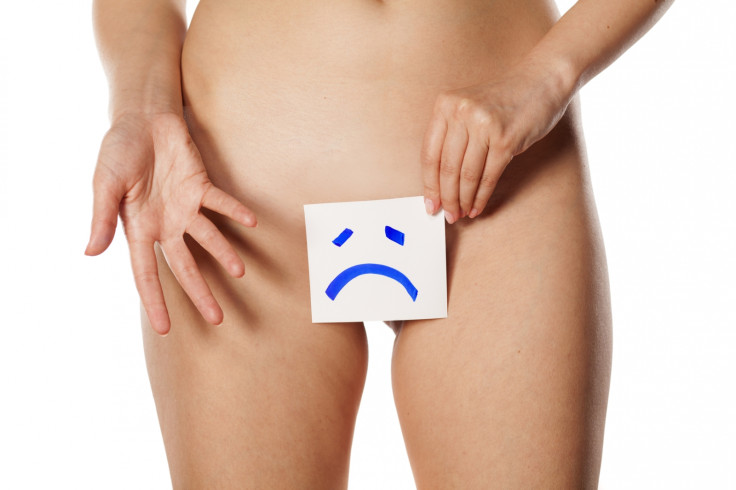These O-shot blood injections for your vagina 'will not give a better orgasm'
If a doctor recommends O-shot my advice would be to get up and walk out, says expert.

What would you do to improve your sex life? If you're considering blood injections, think again.
For two years, some women have been trying a new treatment to improve their chances of better orgasm. So-called orgasm shots, or O-shots, inject blood into the vagina and even the clitoris to supposedly improve the quality, quantity and intensity of women's orgasms by providing better lubrication.
But one obstetrician-gynaecologist calls orgasm shots "fake news" and points to the lack of peer review or of substantial research sampling of O-shots.
They are the work of Dr Charles Runels, who was the first to perform the procedure. The substance injected into the clitoral and vaginal walls is the patients' own blood and other components, and Runels says they produce better orgasms.
The promise of mind-blowing orgasms comes at the even more mind-blowing price of $1,000.
Runels has defended his product and said it had been backed by scientists. His website cites several female sexual disorders he claims his shots can cure, including trouble getting aroused, low sex-drive, difficulties in reaching orgasm, and pain during sexual intercourse.
But according to US-based gynaecologist Dr Jen Gunter, the O-shots are nothing but snake oil. Gunter wrote on her blog: "To say something is backed or supported or can be achieved by medical science you would need at least one quality study to support it."
She said that the study provided by Runels to prove the beneficial effects of clitoral blood injections was too small to prove anything.
In the study, only 11 women were subjected to O-shots and 64% of them reported "some kind of improvement". Gunter said the evidence sample was too small to count.
She also pointed out that the study was published in a non-indexed journal - scientific journals of questionable quality and reliability - and that the statistics were of "no value". The hypothesis, she added, was "shaky" or "fake news."
In her blog post she revealed that Runels had been disqualified from being a clinical investigator by the US Food and Drug Administration in 2009. That meant he had "deliberately failed to comply with applicable regulatory requirements" she said.
She also raised concerns that the medical profession knows very little about how the "improved" blood affects women's health. One component, PRP - platelet-rich plasma - could pose risks because it has not been tested on animals.
"I can think of a thousand ways this could harm women, but then again I am an appropriately confident OB/GYN [obstetrician-gynaecologist], not an internal medicine doctor or a plastic surgeon," she writes.
"If a doctor recommended the O-shot to anyone I know my advice would be to get up and walk out the door."




















